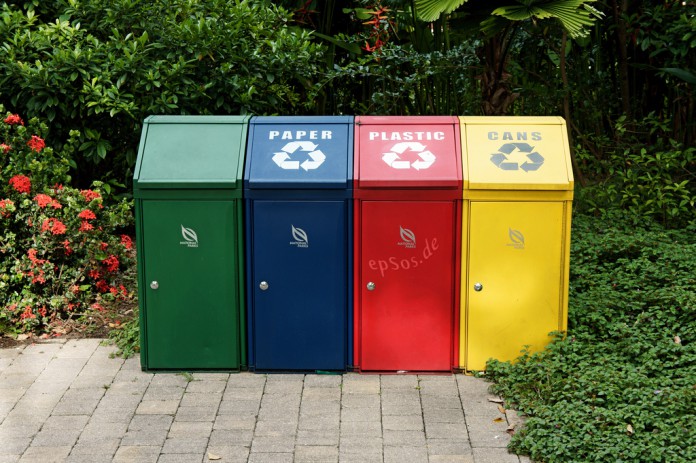Izzy Parnell-Wolfe
With a student body of around 21,000, the University of California, Santa Barbara as an institution has the ability to produce a dangerously large amount of waste. With this reality in mind, the UC system adopted the goals of diverting 75 percent of municipal solid waste from landfills by 2012, and to produce zero waste by 2020. With the development of stronger recycling and composting programs and services, along with other progressive actions, UCSB continues to maintain its 2012 goal of a 75 percent waste diversion rate. While this is an accomplishment to be celebrated, we cannot forget about UCSB’s ultimate goal of zero waste by 2020. UCSB’s Zero Waste Committee (ZWC) was founded upon the mission of aiding UCSB in reaching this significant goal.
The ZWC was formed after the success of last year’s Compost Pilot Project (CPP). With the intent of further reducing UCSB’s production of waste, the CPP introduced compost bins to a variety of areas around campus where students, faculty, staff, and visitors could dispose of their food waste as a more sustainable practice. With the success of this project as its supporting base, the ZWC has worked hard this year to continue to help UCSB move toward its goal of zero waste by 2020.
The ZWC partnered with Facilities Management and Associated Students Recycling to promote a successful Zero Waste Weekend in fall 2012 at two of the men’s soccer games. At these games there was a 95 percent diversion rate, meaning only 5 percent of the waste produced went into the landfill and the rest was composted or recycled. This was accomplished with the help of stringent measures that required that all items sold in the snack booths were special-ordered to ensure that they were either compostable or recyclable.
One target item that is without a doubt wasteful is single-use plastics. ZWC paired up with UCSB’s dining services in order to help implement a transition from single-use plastics (such as utensils, to-go packaging, cups, etc.) to alternative, sustainable items made of biodegradable and compostable materials. Due to the fact that compost collected on campus is treated in a commercial facility to become soil, these new items in the dining areas are compostable as well. With the support and participation of the student and faculty body, this project has the potential to divert a large amount of waste from landfills into useful compost, further reducing UCSB’s production of waste.
The ZWC is currently working on developing and implementing a pilot project whose purpose is to eliminate the wasteful flow of single-use paper towels into landfills and alternatively incorporate them into the school’s collection of compostable materials. Since paper towels make up approximately 10 percent of a building’s waste stream on campus, this project has the potential to significantly advance UCSB toward its zero waste goal. Starting on the sixth floor of Ellison Hall, the ZWC will routinely audit the bathroom waste in order to gather information about the details of the pilot project. The eventual goal of this pilot project is to develop a successful model of paper towel composting that can be implemented in all of UCSB’s bathroom facilities. The project is set to run through the entirety of spring quarter and the ZWC is optimistic that it will yield encouraging, beneficial results.
While the majority of this past year’s projects have revolved around compost, the ZWC is constantly open to and looking for new ideas about how to further UCSB towards its zero waste goal. Waste comes in many forms, such as electricity, water, recycling, and e-waste, and the ZWC is committed to reducing waste in as many areas as possible. The work of the ZWC has only just begun; zero waste, we are coming for you!
Courtesy of epSos.de












Comments are closed.